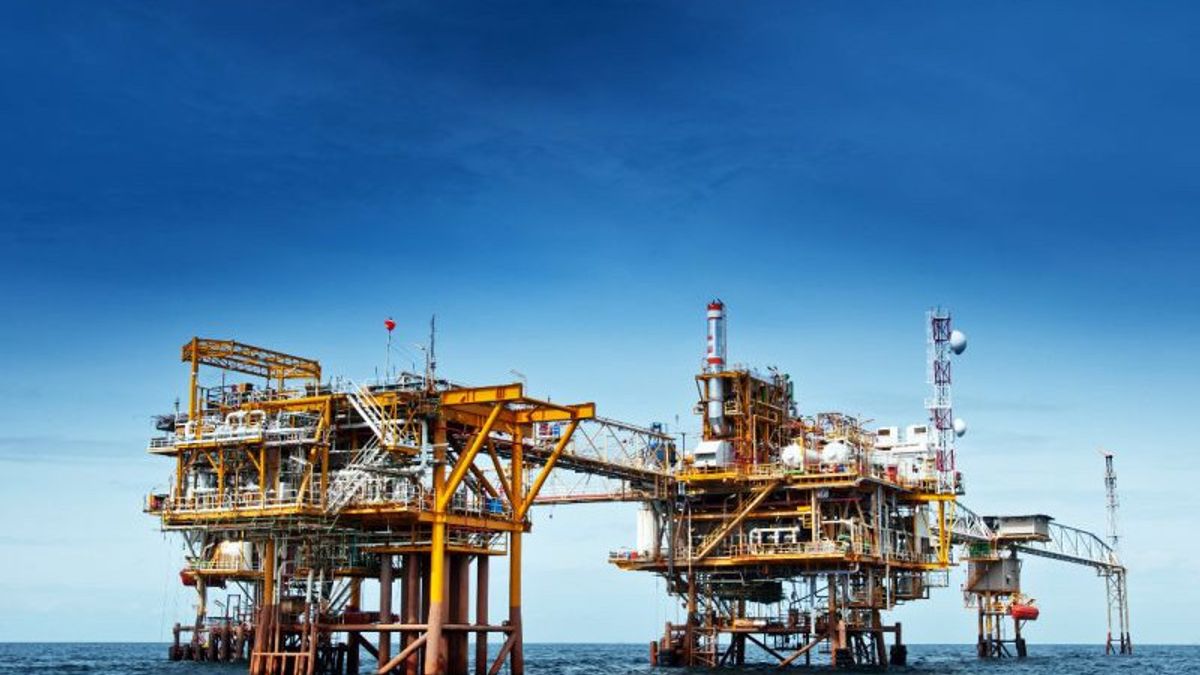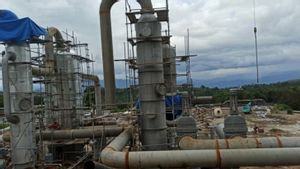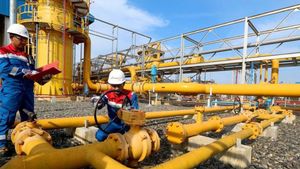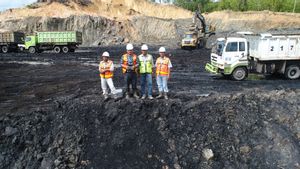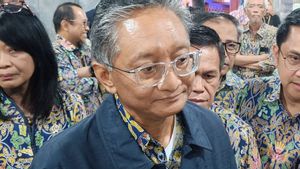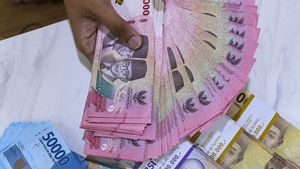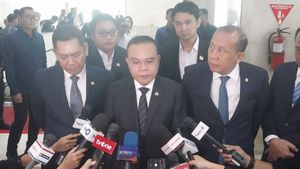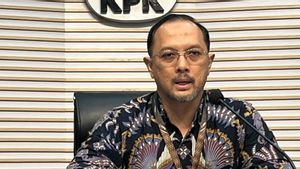JAKARTA - The Government of Indonesia is offering investment to develop the energy sector, especially oil and gas, to the Government of Norway so that Indonesia can realize its energy transition and carbon neutrality program in the future.
"Norway has technology and experience in the energy sector. This is a source of strong cooperation between Indonesia and Norway", said Director General of Oil and Gas at the Ministry of Energy and Mineral Resources, Tutuka Ariadji, as quoted by Antara, Thursday, June 16.
Indonesia and Norway recently held The 9th Indonesia-Norway Bilateral Energy Consultation (INBEC) event in Oslo, Norway, last June 13, to enhance bilateral cooperation in the energy sector.
Indonesia hopes to learn about the development of Carbon Capture and Storage (CCS) technology, hydrogen, and offshore wind, in Norway, as well as financing in the energy sector.
Indonesia also invites Norway to work together to increase the knowledge of the Ministry of Energy and Mineral Resources staff as well as in the field of standards for training programs and industry.
In the meeting, said Tutuka, the Indonesian government explained the development of electricity, renewable energy, as well as CCS/CCUS projects and opportunities in the country.
Then Indonesia listened to information on Norway's experience in reducing methane, as well as capturing and injecting carbon dioxide.
"Indonesia has learned a lot about CCS/CCUS from Norway. Based on several studies, Indonesia has a significant potential for carbon dioxide storage, around 2 gigatons in depleted oil and gas reservoirs and around 9.68 gigatons in the South Sumatra and West Java basins", said Tutuka.
His party is conducting a number of studies and preparations for CCS/CCUS such as Tangguh EGR/CCUS, Gundih CCUS/CO2-EGR and Sukowati CO-EOR.
Indonesia has also established a National Center of Excellence for CCS/CCUS initiated by the Bandung Institute of Technology (ITB) and the Royal Norwegian Embassy from 2014 to 2015, to support the CCS Gundih pilot project study.
Currently, Indonesia is also finalizing a ministerial regulation to support the development of CCS/CCUS, as well as involving stakeholders, including European countries, to get feedback and improvements to the draft that has been prepared.
Tutuka said Indonesia views Norway as an old friend who is always willing to share experiences and expertise in the energy sector.
The two countries not only promote government-government cooperation but also business-business collaboration, such as the collaboration between Pertamina and Aker Solution in the joint industrial project for the development of membrane subsea system technology.
Furthermore, Tutuka said that there have been many changes in the situation and conditions since the last meeting in 2017.
Indonesia has begun to formulate a carbon neutrality roadmap starting in 2021 with emission reductions of 314 million tons in 2030 and 1,526 million tons in 2060.
The Indonesian government is promoting several programs to bridge the transition from fossil fuels to renewable energy.
The development and utilization of clean energy are needed to meet the energy needs of the energy transition period.
"To support the energy transition, collaboration is needed", said Tutuka.
SEE ALSO:
Indonesia sees Norway as an important partner for Indonesia in developing energy because Norway's oil and gas technology and new renewable energy have developed rapidly and continue to innovate to encourage clean energy.
In 2022, Indonesia has the opportunity to become the G20 Presidency and hopes to collaborate with various countries to support the energy transition.
"We believe that bilateral and multilateral cooperation can work hand in hand to contribute to the success of the energy transition", concluded Tutuka.
The English, Chinese, Japanese, Arabic, and French versions are automatically generated by the AI. So there may still be inaccuracies in translating, please always see Indonesian as our main language. (system supported by DigitalSiber.id)
